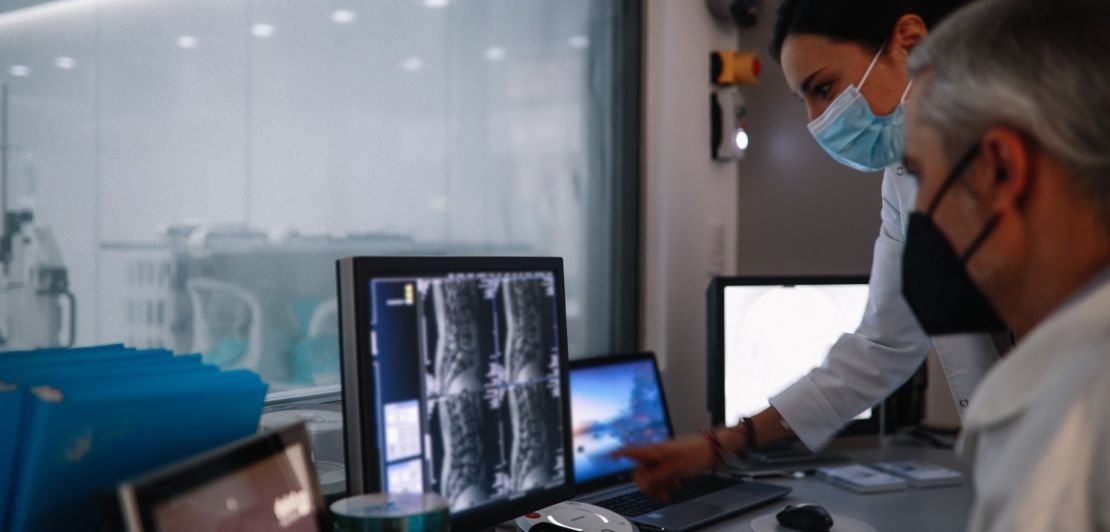
Innovation & Sustainability
Innovations of today and tomorrow
Switzerland is already the world champion in innovation and regularly occupies a top spot in knowledge production and practical application. The increasing combination of technologies and digitisation will further drive innovation in many areas.
19.08.2022
For 11 years, Switzerland has consistently led the Global Innovation Index of the World Intellectual Property Organisation (WIPO). Switzerland performs particularly well when it comes to transforming innovation investments into tangible results. In terms of the number of scientific publications, Switzerland is well ahead of the rest of the world, and it is a global leader when it comes to patent applications.
Given the favourable framework conditions, Switzerland will continue to be at the forefront of the global innovation community. An important trend in this regard is the increasing merging of technologies to enable synergies. Traditional production processes in the Chemistry, Pharma and Life Sciences industries are being flexibly linked to one another to an ever greater degree in order to improve efficiency and react ever faster to new challenges.
Trends: Bio-based processes and digitalization
Bio-based methods are progressively being used in a wide range of areas. This means that raw materials from biomass (e.g. from plants) are used, or that production is carried out with the help of customized organisms, such as bacteria or yeasts. This is supported by the increasingly important use of large amounts of data, machine learning and artificial intelligence to complement physical research, development and production with comprehensive digitisation and to enable completely new approaches.
Innovative concepts in healthcare enable the development of new drugs and improved treatment approaches. In addition to chemically and biotechnologically produced active ingredients, cell therapies are being applied more and more often. The linking of patients' medical data with large clinical and genetic databases enables ever better, individualised treatments and personalised medicine.
Applications in production, agriculture and food
In the chemical industry, new processes such as the use of tailor-made (bio)catalysts, together with new digital tools such as computer modelling and structural prediction for molecules, make it increasingly possible to produce chemicals, building and other materials that better meet the rising demands. This sector is also steadily benefiting from digitalisation (“Industry 4.0”).
In the fields of agriculture and nutrition, innovative breeding technologies are used to develop plant varieties that are optimally adapted to local conditions. Using satellite-supported digital precision agriculture, drones and robots, crop protection and care can be tailored precisely to the needs of the individual plants in a field. This makes it possible to optimally use the available resources. Innovative methods are also used during processing, such as food from the 3D printer. Nutrition is progressively being adapted to the different needs of individuals, which promotes well-being and health.
Reduce footprint thanks to bioeconomy, circular economy and innovation
Climate change and the loss of biodiversity have raised awareness of the importance of sustainable production processes. Industrial innovation helps to reduce the consumption of coal, oil and natural gas as well as limited natural resources. The growing use of renewable resources instead of fossil fuels in the context of a bio-economy, coupled with the promotion of the circular economy, is reducing greenhouse gas emissions.
In addition, technologies are increasingly being used to actively remove CO2 from the atmosphere and to capture it in the long term or store it in harmless form by producing new goods. Modern production processes can also significantly reduce or completely replace the need for limited natural resources. In this way, technological innovations also protect biodiversity. These measures enable industry to make a significant contribution to a more sustainable economy, which ultimately benefits society as a whole.
